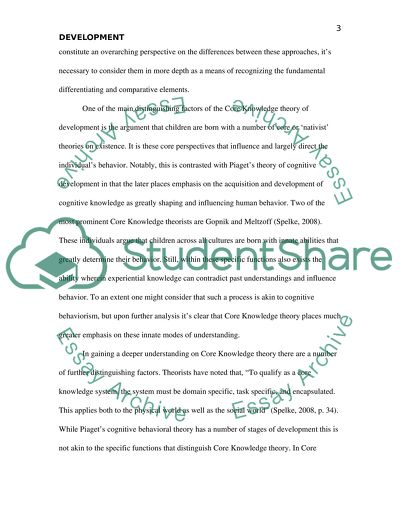Cite this document
(“Compare the Piagetian Theory of Development Versus the Core Knowledge Essay”, n.d.)
Retrieved from https://studentshare.org/psychology/1446995-there-are
Retrieved from https://studentshare.org/psychology/1446995-there-are
(Compare the Piagetian Theory of Development Versus the Core Knowledge Essay)
https://studentshare.org/psychology/1446995-there-are.
https://studentshare.org/psychology/1446995-there-are.
“Compare the Piagetian Theory of Development Versus the Core Knowledge Essay”, n.d. https://studentshare.org/psychology/1446995-there-are.


